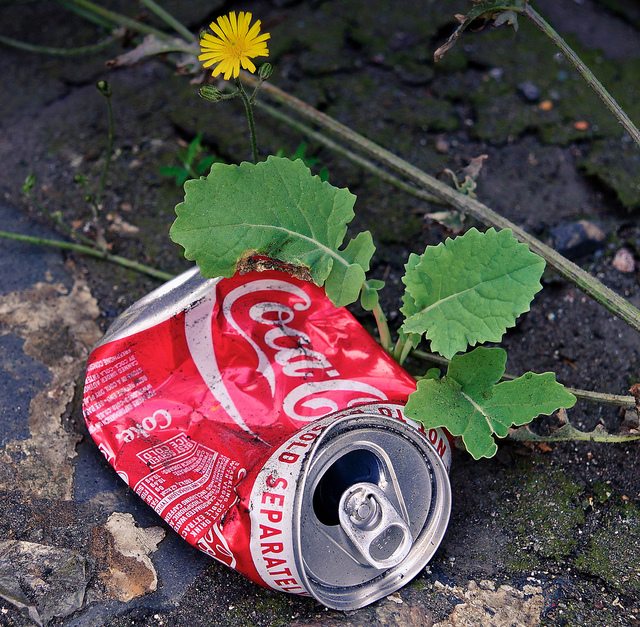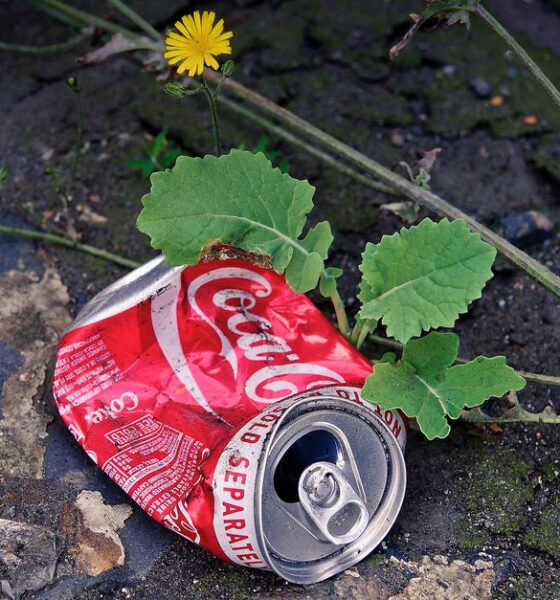

Environment
‘Community environmentalism’ can push climate change up policy agenda, says thinktank
Environmental campaigners and local and central government must do more to encourage activism at home, according to a new report that calls for “a revolution in the culture of environmentalism”.
In Pride of Place, research from the thinktank the Fabian Society reveals that most people actually think of the environment in terms of their local surroundings and the people they live with, not in terms of melting ice caps and carbon emissions.
The study finds that many people identify anti-social behaviour as the top ‘environmental issue’ that troubles them and their family. Some 53% list it as one of their main concerns, ahead of the 29% who list extreme weather and the 26% who list climate change – the same proportion as those who listed littering and dog fouling.
The report accuses the environmental movement of becoming “detached” from ordinary people’s lives, allowing massive issues like global warming to slide down the political agenda.
At the same time, 71% say community action is a good way of tackling local problems, while only 3% say it is not.
Building on this, the study’s authors propose that if campaign groups switch some of their efforts from international lobbying to supporting communities in improving local environments, a new, passionate environmentalism could be fostered.
After this kind of engagement, individuals would be more likely to see the connection between global issues and their own personal environment, and be prepared to do more to tackle climate change, the report suggests.
“The more you care about your immediate area, the more you see that journey to what has to change at Whitehall and Brussels and at the international climate negotiations”, said study author Natan Doron, leader of the Fabians’ environment and citizenship programme.
The government also has an important role to play, the report argues, at a time when councils are finding their powers and responsibilities disappearing.
“We’d like to see more funding going to the local level, so rather than just looking at environmental management and improvement as something done from Whitehall, let’s give some of that funding to local authorities”, Doron told Blue & Green Tomorrow.
“We’d also like to see local authorities using innovative ideas like participatory budgeting to engage people in those conversations about how money is spent but also to harness that attachment to place.
“This would facilitate local conversations, and done properly you would get a virtuous circle between people more engaged with local politics and with environmental management.”
However, while many were keen to see their community mobilised, 33% of those surveyed said they would be unlikely to join such efforts, with many saying they didn’t have the time.
Some 54% also said that a lack of spare time was leading to a loss of community spirit.
As one way forward, the report proposes the government could introduce a “Community Environment bank holiday“. This, it says, would provide a focal point for campaigners and generate a huge amount of media attention.
“There are a lot of good local environment groups doing fantastic things in their local areas. If they were given a day where people are encouraged to get involve in local environment activities, you would see those groups bidding for people’s time”, Doron said.
“It would quite quickly become a tradition and I think that would go some way to fostering the kind of popular environmentalism that, at the moment, is lacking.”
The report will be officially launched in an event in Westminster on Monday evening, where its authors will take part in a panel discussion with Jon Cruddas, Labour’s policy coordinator, and Ruth Davis, political director at Greenpeace UK.
Photo: Beverley Goodwin via Flickr
Further reading:
Sustainable thinking: how do we make our democracy sustainable?
Labour urged to take ‘equal and sustainable society’ vision to next election
Political parties on the spot: how do we make our democracy sustainable?
Figures suggest UK environmental group membership at 4.5m
The Guide to Sustainable Democracy 2014






























